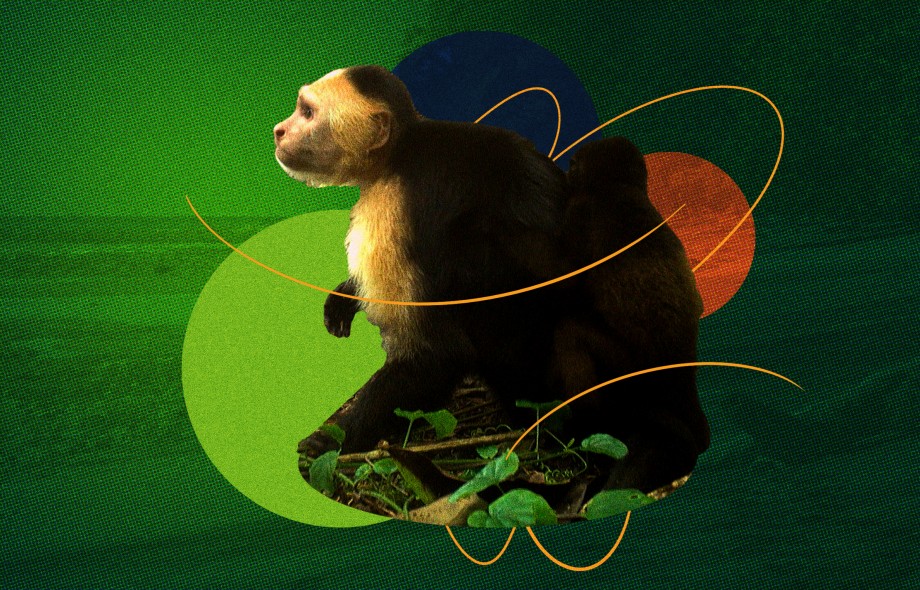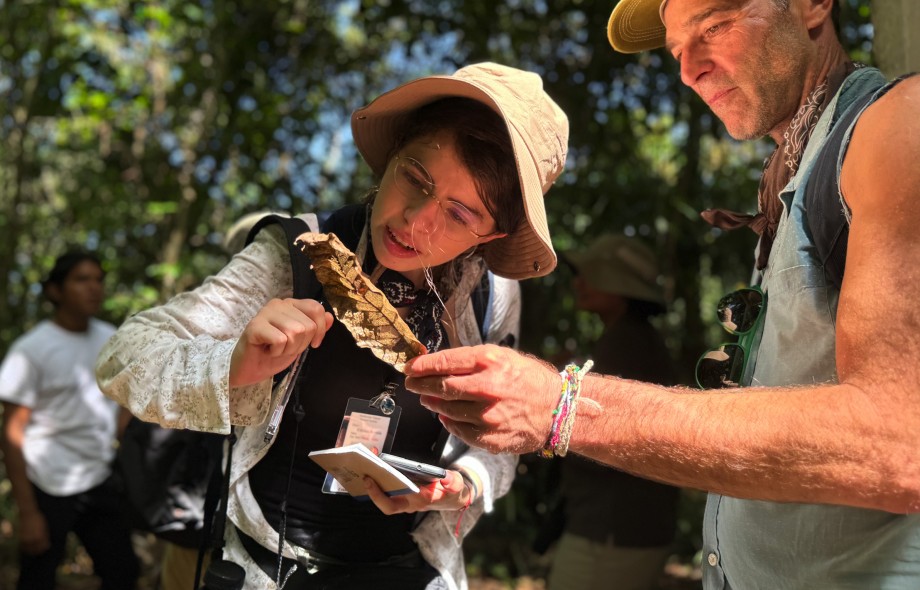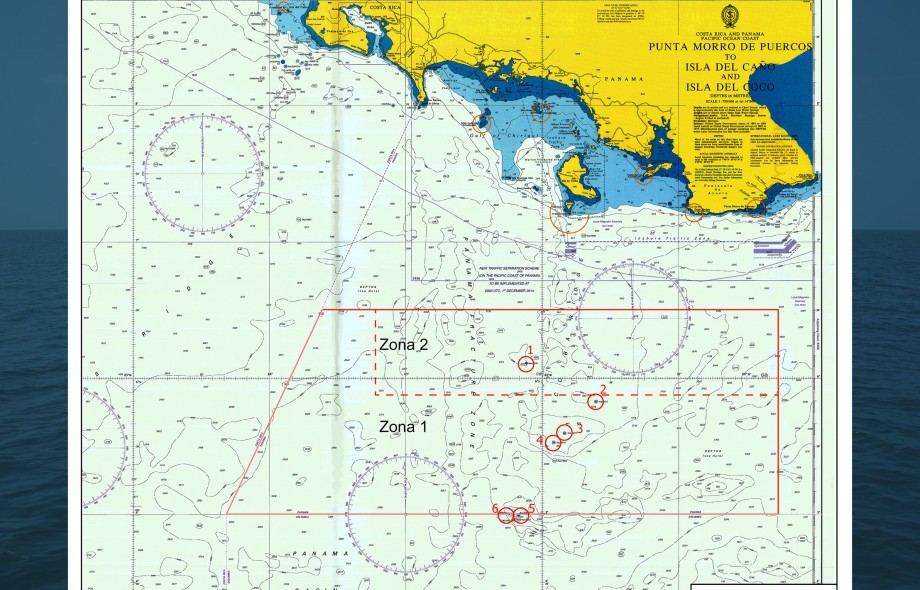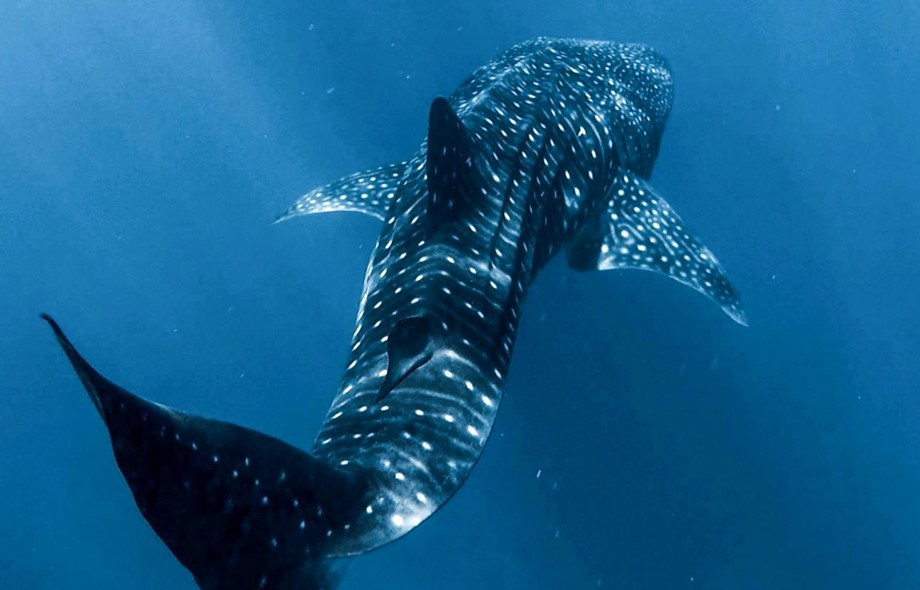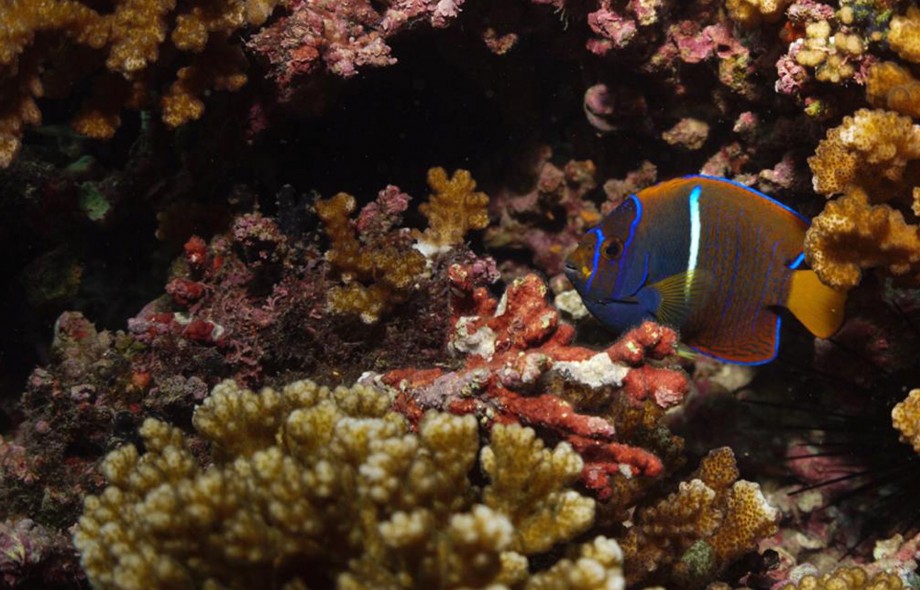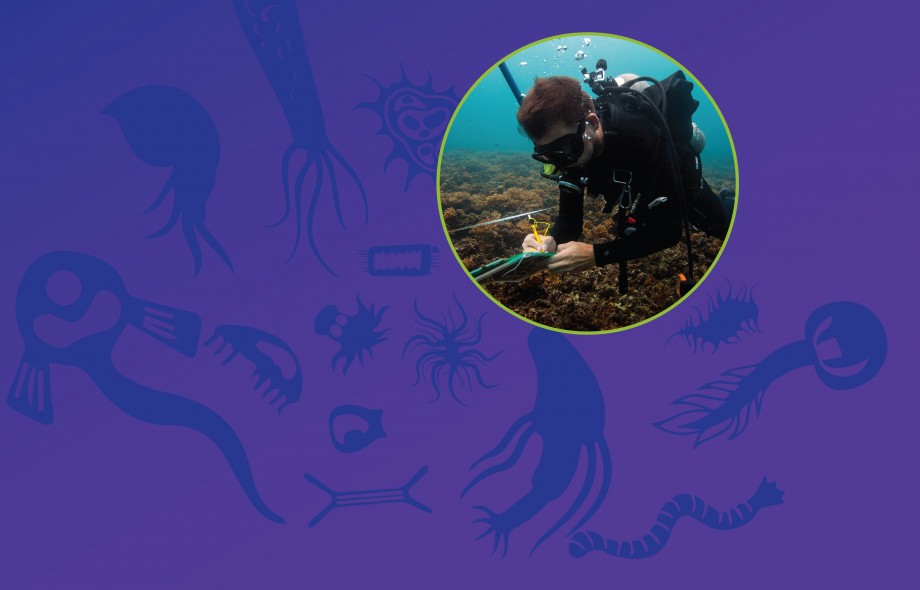Observations of Coiba’s tool-using immature capuchin monkeys show them carrying abducted infant howler monkeys. What is the reason for this behavior?

You are here
Projects
& Stories
Coibita Island
Six Latin American students received funding to join the Neotropical Environment Option (NEO) course through the new Social-Ecological Field Science Fellowship
Scientists, students and communicators from Panama, Colombia, Costa Rica, Ecuador and Spain will spend twelve days on the high seas exploring the biodiversity of Panama’s Cordillera de Coiba seamounts.
Genetic population connectivity study of the endangered whale shark in Pacific Panama provides important data for conservation efforts.
An entrepreneur who dreamed of becoming an oceanographer teams up with STRI researchers and young Latin American biologists to find out if some coral reefs are more resilient than others. His yacht will be the center of operations as they deploy high tech sensor arrays at sites around the tropical eastern Pacific.
Beneficial partnerships between diverse marine organisms are often favorable to the health of marine ecosystems as well. Listen to STRI postdoctoral fellow and marine and evolutionary biologist Matthieu Leray describe how mutualistic relationships among coral reefs and small marine species or microorganisms may help them cope with climate change.
